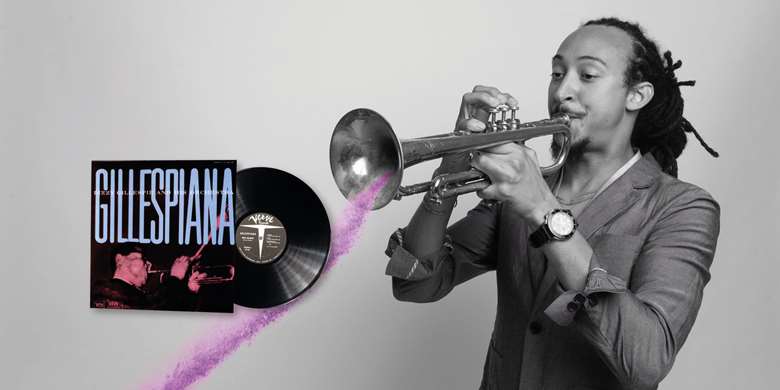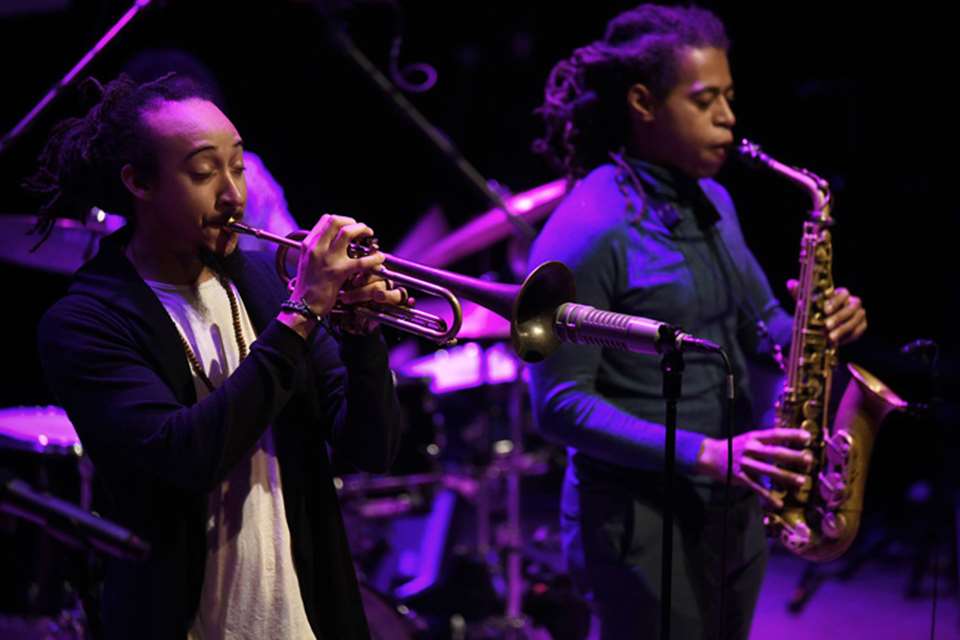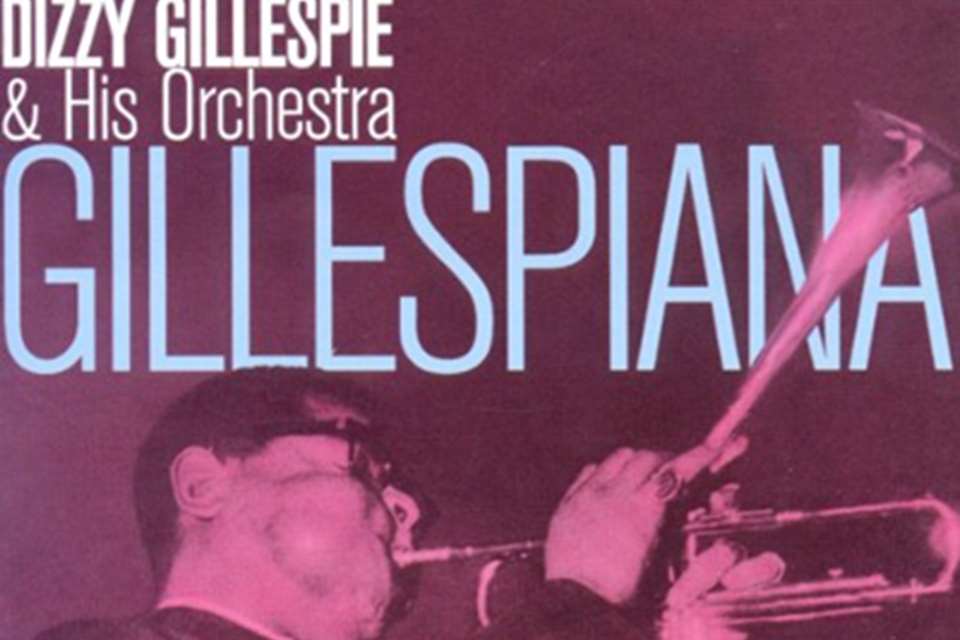Life-changing jazz albums: Dizzy Gillespie’s Gillespiana
Brian Glasser
Friday, December 20, 2019
Trumpet-player Theo Croker talks about the album that changed his life, Dizzy Gillespie’s Gillespiana


Register now to continue reading

Thank you for visiting Jazzwise.co.uk. Sign up for a free account today to enjoy the following benefits:
- Free access to 3 subscriber-only articles per month
- Unlimited access to our news, live reviews and artist pages
- Free email newsletter

